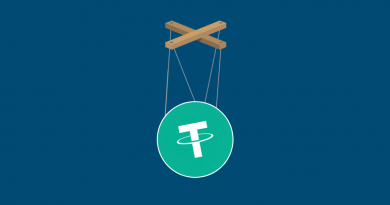Israel, Hong Kong complete retail CBDC test emphasizing privacy, inclusivity
The Bank for International Settlements and the central banks of Hong Kong and Israel released the results of Project Sela on Sept. 12. The project was a public-private partnership that used private intermediaries to create a retail central bank digital currency (rCBDC) combining the desirable characteristics of cash and the advantages of digitalization.
The project leveraged the central banks’ diverse experience to incorporate a number of predefined policy, security, technology and legal features. The private participants were fintechs FIS and M10 Networks, which provided core products, Clifford Chance for legal analysis and Check Point Software Technologies for cyber security. The project was a proof-of-concept.
In the Sela ecosystem, the central bank that issues an rCBDC maintains the ledger for it with pseudo-anonymous end-user accounts and provides instantaneous settlement with a real-time gross settlement (RTGS) system. Funding institutions manage users’ accounts and convert the rCBDC into and out of bank deposits and cash. An intermediary called an access enabler handles all customer-facing services, including Know Your Customer compliance, endorsements and routing, while end users maintain control over their electronic wallets with cryptographic keys.
Related: Hong Kong regulator eyes tokenization for bond market improvement: Report
One advantage of the ecosystem is its accessibility for the private financial institutions that carry out the unbundled financial services, which will purportedly increase competition and lead to increased user access. Access enablers do not create accounts, manage records or controlmoney, reducing the regulatory requirements placed on them:
“Lower entry barriers can enable wider participation in the provision of rCBDC services, compared with the existing payments market, to include, for example, SMEs [small- and medium-sized enterprises], civil society and charitable organisations, e-commerce providers, community centres and technology companies, among others.”
Financial institutions are understood in the traditional sense of banks, credit unions and similar organizations. Thus, it does not lead to disintermediation. Project Sela rCBDC users would not have to be account holders to use the services of those institutions to convert an rCBDC to or from cash. Payments are settled by the central banks, and users control their money the whole time. The central bank participants are assumed to be the operators of the distributed ledger system.
A system weak point noted in the report is RTGS systems, since they are usually not available around the clock and are not designed for frequent small transactions. Potential technical solutions are discussed.
Magazine: Ripple, Visa join HK CBDC pilot, Huobi accusations, GameFi token up 300%: Asia Express
Source: Read Full Article



